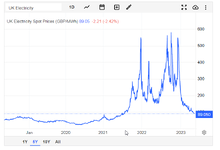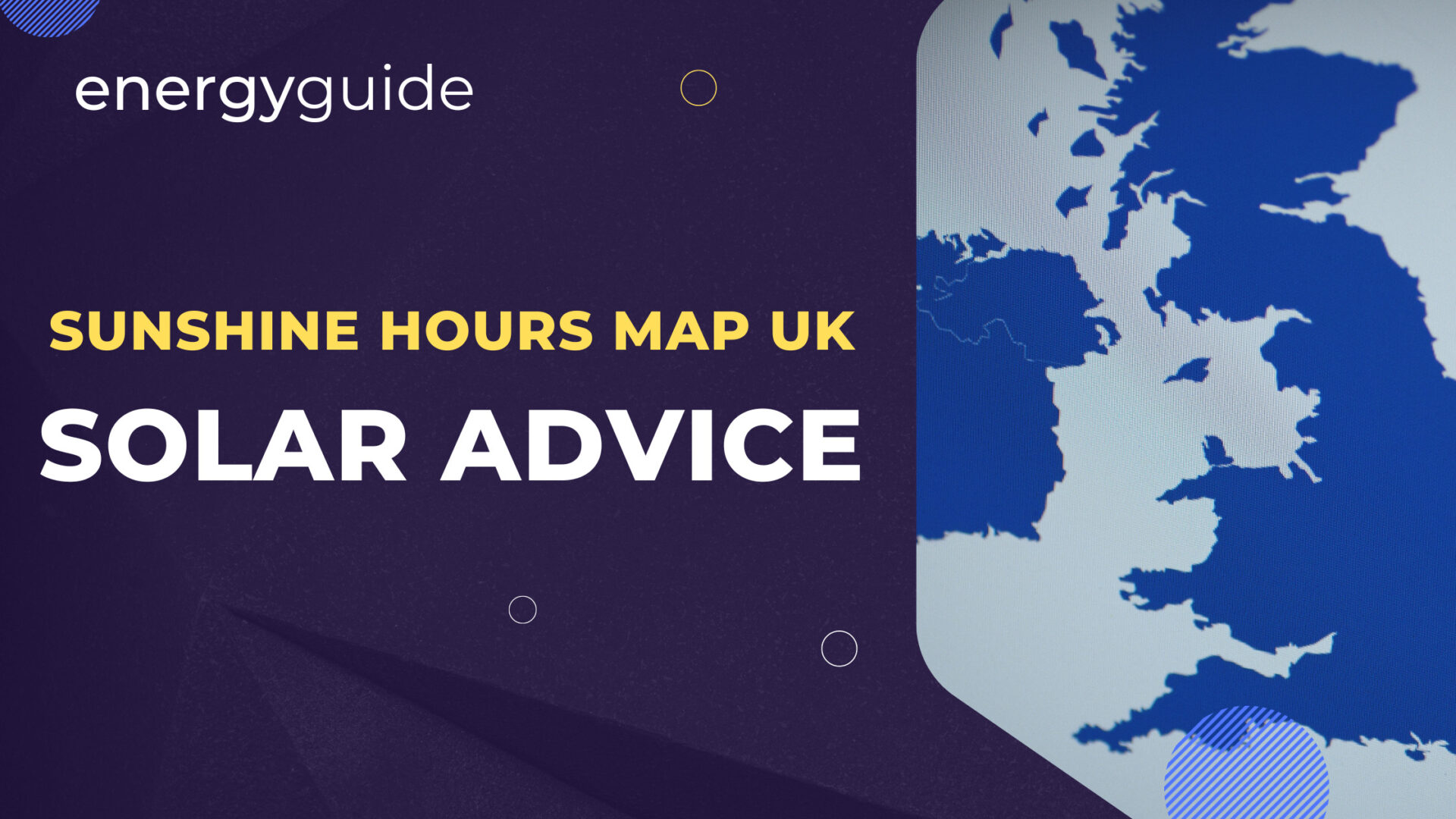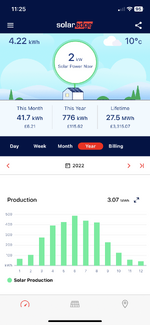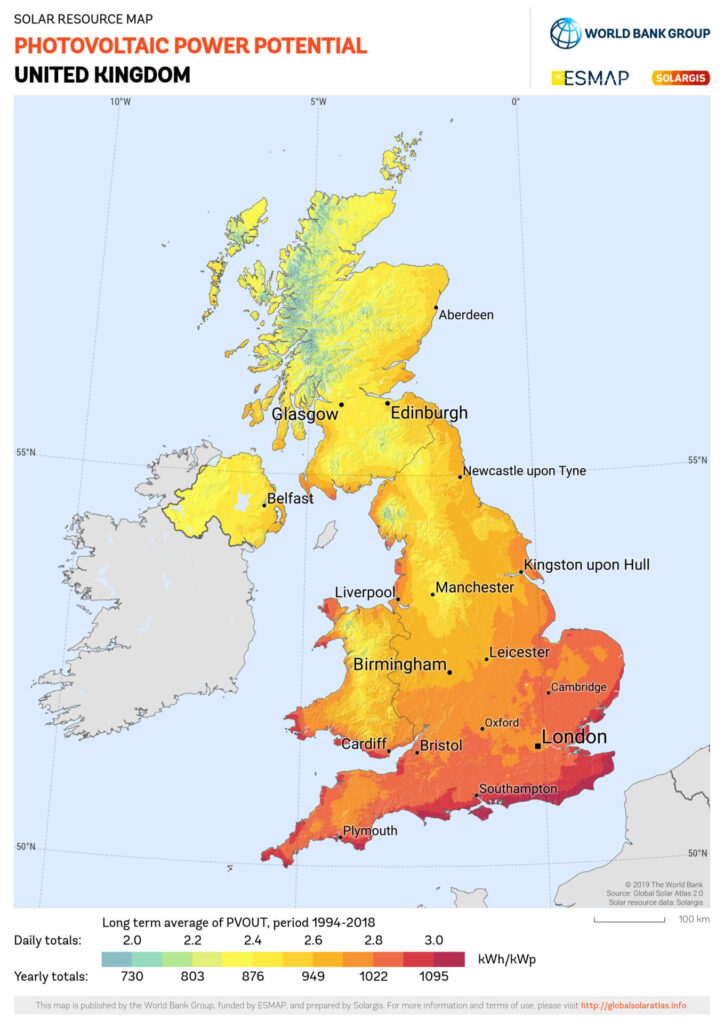@ThatFragranceGuy will probably be able to help you out here, I think he's got solar and a battery, and also clued up on energy prices/ tarrifs.
I've got 4 panels and no battery, sort of tied to an average energy tariff, and drive an EV but I've no idea what my panels have saved me.
My panels came with the house, but I've not calculated a payback time for more or a battery, as I probably won't be in the same house in 5 years.
If you're gonna do it, you're likely going to be better doing it interest-free if possible, as the borrowing costs now will wipe out anything you save, even when rates are very high like they are now.
Keep in mind that electricity rates are likely to start coming down over the next year or so also, as the spot prices are now back to May 21 levels, and 1/6th of the peak. They're not far off the 2018 rates even, which I'm amazed about to be honest.
Also, keep in mind how long you plan to live at the property, and when working out a saving per year, you're probably better off basing that on rates similar to what they were before the carnage, to be safe at least.
Personally if I was going to be buying a new installation, with a battery I think I would do it when the rates have settled. I think the demand for solar panels and batteries will probably be less than now, bringing thier prices down. Also less work for the installers, so you'll probably get a better install rate when they're fighting for work. Don't get me wrong though, the industry will still be on a long term growing trend, but we're probably in a localised peak now, might not be a cost-efficient time to do it.
Also, if you wait a little, there is the potential for even cheaper/ more efficient panels and batteries as they're improving all the time.






